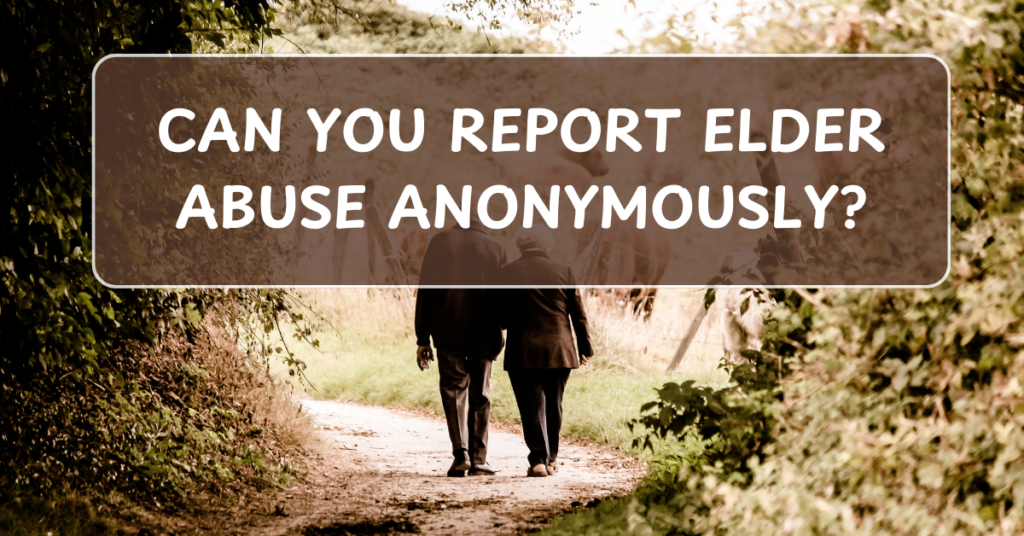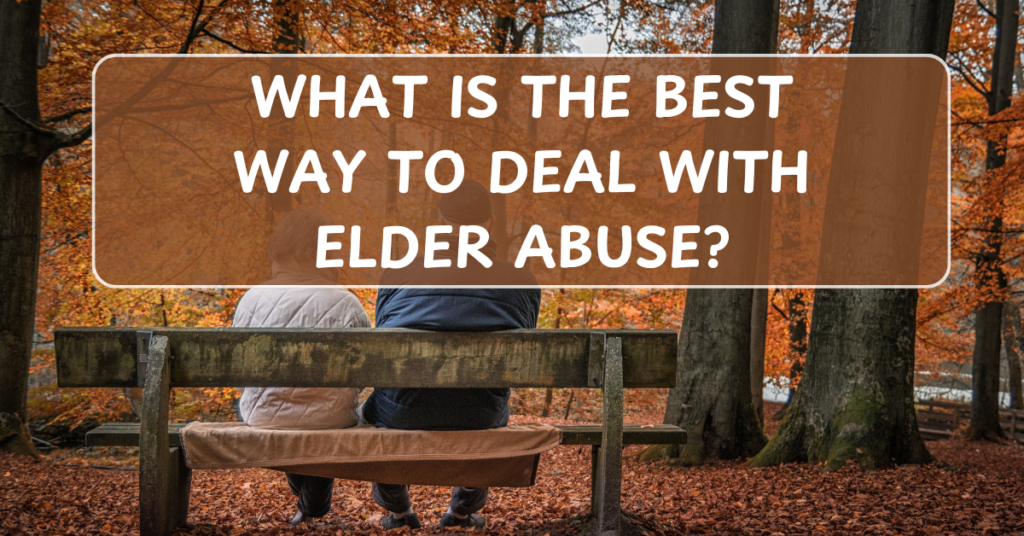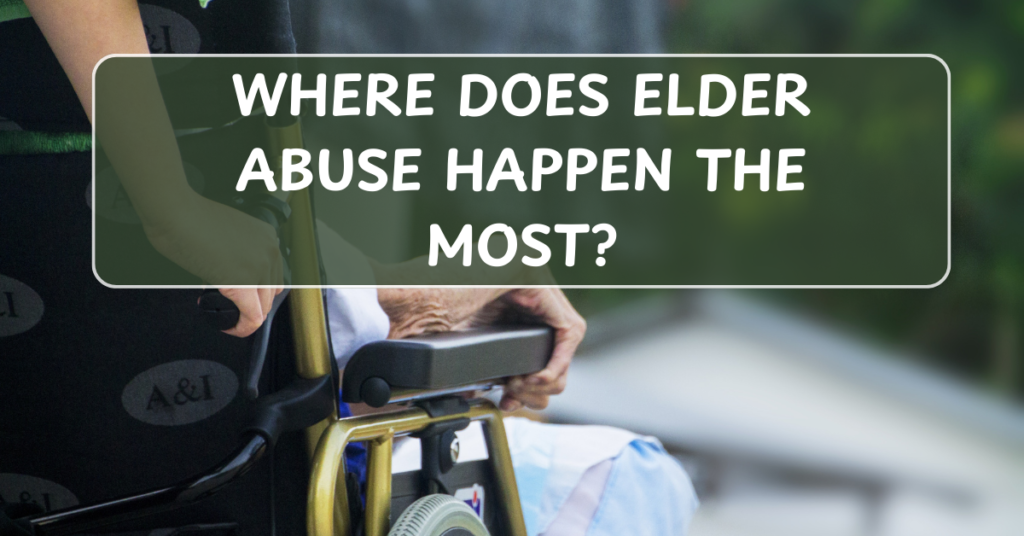
Yes, you can report elder abuse anonymously in most cases. Protecting the identity of the person making the report is a crucial part of many elder abuse reporting systems, as it encourages individuals to come forward without fear of retaliation or personal consequences. Here’s what you need to know about reporting elder abuse anonymously:
1. Reporting to Adult Protective Services (APS)
Adult Protective Services (APS) is often the first line of defense in addressing elder abuse. In many jurisdictions, APS allows people to report abuse anonymously, ensuring that the reporter’s identity is kept confidential.
How to Report Anonymously:
- Phone: Many states provide a hotline for reporting elder abuse. Callers can remain anonymous during the report, and their information will not be shared without their consent.
- Online: Some areas have online reporting systems that allow for anonymous submissions of elder abuse reports.
- In Person: If you visit an APS office to report, you can request that your identity remains confidential.
2. Reporting to Law Enforcement
If you suspect immediate danger or criminal behavior, you can report elder abuse to local law enforcement anonymously. Police departments often have anonymous tip lines or online portals where individuals can report suspicious activity or crimes, including elder abuse, without revealing their identity.
How to Report Anonymously:
- Crime Tip Lines: Many police departments offer anonymous hotlines where tips about elder abuse or crimes can be reported confidentially.
- Online Portals: Local law enforcement agencies may have online forms that allow individuals to submit tips or concerns without revealing their identity.
3. Reporting to a Local Ombudsman Program
Ombudsman programs, particularly for long-term care facilities, are another resource for reporting elder abuse. These programs are designed to advocate for residents of nursing homes and similar facilities. Some ombudsman services allow for anonymous complaints.
How to Report Anonymously:
- Ombudsman Hotlines: Many states have a long-term care ombudsman program that includes a confidential or anonymous reporting option for abuse or neglect in nursing homes.
- Mail or Online: Some ombudsman programs allow individuals to send anonymous letters or use an online system to file complaints about elder abuse.
4. Confidentiality and Legal Protections
While it’s often possible to report elder abuse anonymously, it’s important to understand that certain situations may require the authorities to investigate the matter in greater detail. If you are worried about retaliation or the potential impact on the elder, the law often provides protections for whistleblowers or those who report abuse.
- Whistleblower Protections: In many jurisdictions, individuals who report elder abuse in good faith are protected from retaliation.
- Confidentiality: Even when reports are anonymous, authorities are bound by confidentiality laws and cannot disclose the identity of the reporter unless required by law.
5. Why Report Anonymously?
There are many reasons why someone may prefer to report elder abuse anonymously:
- Fear of Retaliation: The abuser may retaliate against the elder or the person making the report.
- Privacy Concerns: The reporter may wish to protect their own identity and avoid involvement in the investigation.
- Concern for Elder’s Safety: The reporter may be worried that revealing their identity could make the situation worse for the elder in question.
Conclusion
Yes, you can report elder abuse anonymously in many cases. Reporting anonymously can help ensure the safety of vulnerable elders without compromising the privacy and safety of the person making the report. If you suspect elder abuse, don’t hesitate to report it, knowing that confidential and anonymous reporting options are available. Your action could protect an elder from further harm and lead to appropriate intervention.


